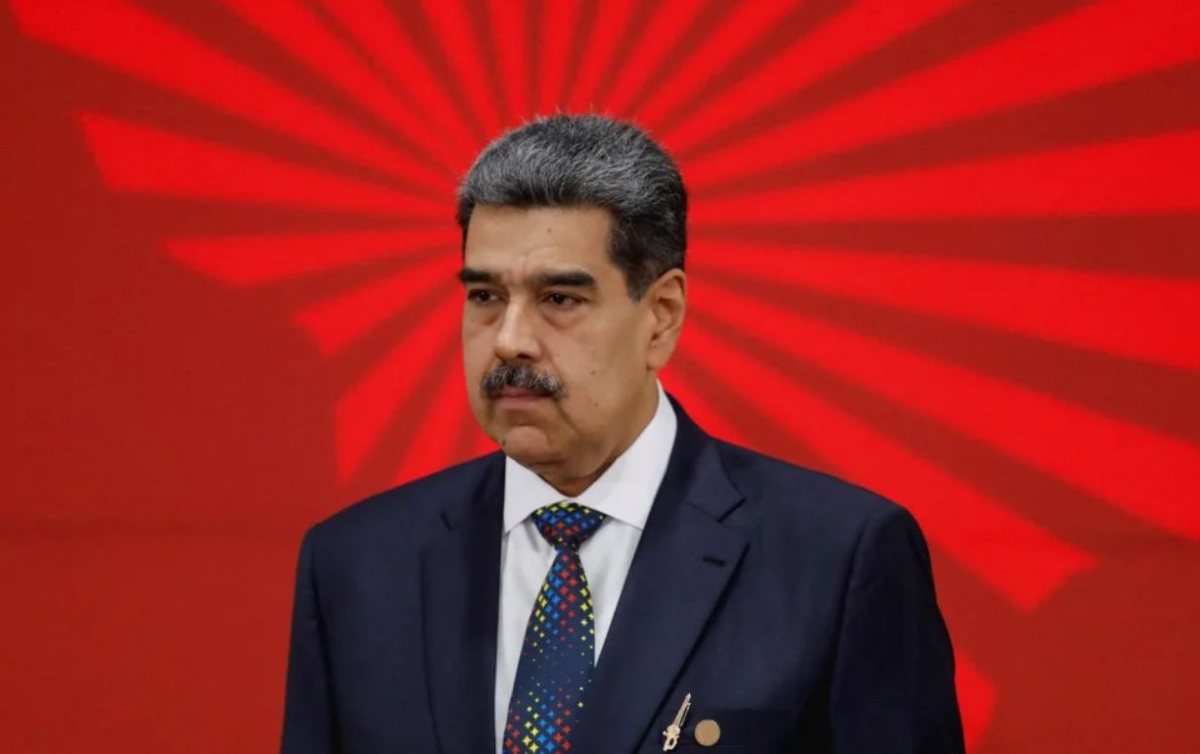The Social Democrat Bernardo Arévalo finally assumed the presidency of Guatemala early Monday morning after a judicial boycott that kept the country in suspense for seven months, but he acknowledged that his obstacle course is far from over: “Immense challenges await us,” he warned.
From the balcony of the National Palace in the center of the capital, Arévalo asked Guatemalans to join him in his administration to rescue the country’s institutions from “corruption” and achieve social development in this impoverished Central American nation.
“Today begins four years of a mandate that will surely be marked by a series of obstacles, many of which we cannot foresee at this moment,” he admitted. “We know that change can be difficult,” he added.
The 65-year-old president, a sociologist, former diplomat, and philosopher, predicted that his government will “need to make difficult decisions” and will face “moments of doubt and fear.”
“In the coming years, the temptation to confront and increase our differences will be recurrent. This period will entail the possibility of making mistakes” and receiving criticism, he said. However, he reiterated his commitment to “transform,” not only the state’s institutions but also the “daily reality” of Guatemalans.
“No more corruption, no more exclusion,” said the president, with the presidential sash across his chest and in front of a crowd of supporters who celebrated and danced to the rhythm of musical groups.
The Prosecutor
Since unexpectedly moving to the second electoral round in June, promising to fight the corrupt, the Prosecutor’s Office launched an offensive seeking to remove his immunity, dismantle his party, and annul the elections, arguing electoral anomalies.
Arévalo, who described the accusations as spurious, stated that one of his first tasks as president would be to ask for the resignation of Attorney General Consuelo Porras, who led that charge and has been sanctioned by Washington for “corruption” and for “undermining democracy.”
“The first obstacle is the Prosecutor’s Office. It’s very important that the attorney general, who has been the main operator of the pact of the corrupt, leaves,” declared Manfredo Marroquín, co-founder of Citizen Action, the local version of Transparency International, to AFP.
Porras was appointed by former President Jimmy Morales and ratified in office, until 2026, by outgoing ruler Alejandro Giammatti, both linked with corrupt sectors. The president does not have the power to dismiss her.
Corruption
Arévalo assured that he will face “monumental challenges to eradicate corruption practices that have permeated” the country, and are entrenched in the Prosecutor’s Office, courts, parliament, government, mayors, and other public institutions.
“We must overcome significant obstacles to free the State from those who have captured it for years, using it as their own loot,” he pointed out.
But Jordán Rodas, former human rights ombudsman, exiled in Washington, assures that it will be a difficult task. “He’s going to be swimming in a swamp, within a wild fauna, also wounded,” he said. “We must not blink because criminal politicians do not cease in their illegal and anti-democratic attempts,” warned Carmen Aída Ibarra, of the citizen movement ProJusticia.
Marroquín recalled that the population voted for Arévalo for his anti-corruption promise. “He must deliver quick results in cleaning up corruption networks, phantom jobs created to plunder the state.”
Expectations
Arévalo has in his favor a population weary of corruption, indigenous communities calling for an end to exclusion, and a youth needing opportunities to avoid migration.
“There is a great expectation and we must understand the limitations that the government faces,” said Jorge Santos, coordinator of the Unit for the Protection of Human Rights Defenders in Guatemala.
Arévalo inherits a Guatemala with 60% of its 17.8 million inhabitants in poverty, one of the highest rates in Latin America that leads thousands to migrate, mainly to the United States.
“It’s going to be very complicated to govern, to respond to people’s expectations, which demand facing the corrupt and addressing their socio-economic situation,” asserted Luis Linares, from the Association for Research and Social Studies.
Despite the upcoming difficulties, Arévalo promises a “new spring,” evoking the governments of former Presidents Juan José Arévalo, his father, and Jacobo Árbenz, a decade (1944-1954).
That decade was known as the “democratic spring,” marked by significant social reforms and which ended with a coup d’état sponsored by Washington.”
Source link
Tico Times



